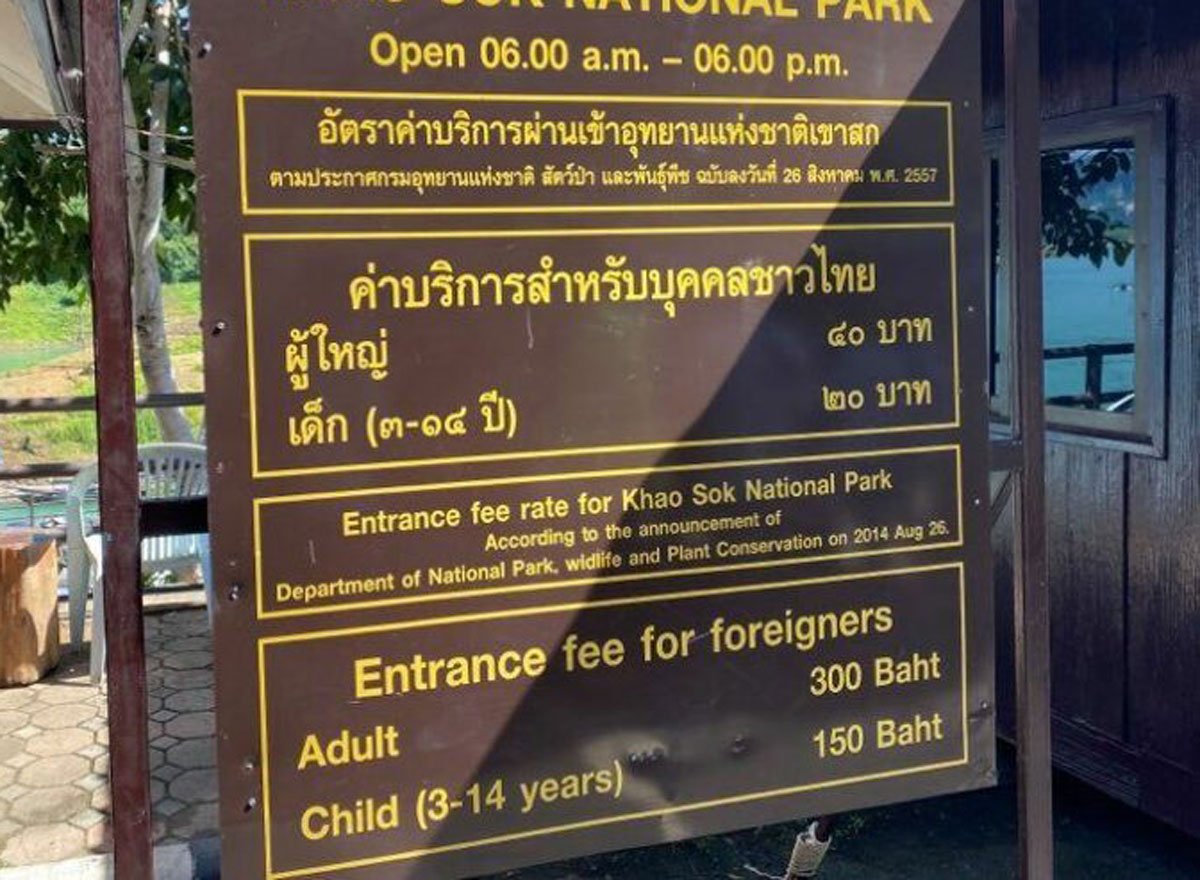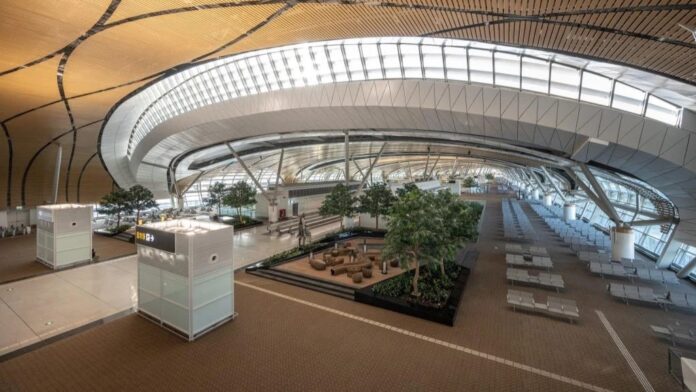
Image composite courtesy: MGR online
Thailand is taking decisive action against foreign businesses using Thai nominees to conduct operations within the country. The Commerce Ministry has unveiled a new plan spearheaded by Deputy Commerce Minister Napintorn Srisunpang.
This initiative aims to tackle illegal business practices that undermine local economic interests. The Ministry's subcommittee on nominee business prevention and suppression held significant discussions on Wednesday, bringing together several agencies to brainstorm strategies for identifying and prosecuting companies engaged in these unlawful practices.
Key representatives from several agencies attended, including the Department of Business Development (DBD), Department of Special Investigation, Central Investigation Bureau, Anti-Money Laundering Office (Amlo), Tourist Police Bureau, Immigration Office, Department of Employment, Department of Tourism, Department of Lands, and Revenue Department.
Together, they crafted a comprehensive strategy, proposing short-, medium-, and long-term measures for the cabinet's approval.
In the immediate term, existing laws will be utilised to scrutinise and take legal action against suspect businesses, explained Mr Napintorn.
Moving forward, the DBD plans to build an analytical system to detect nominee use by examining unusual business behaviour. This medium-term solution aims for completion in six months, adding an extra layer of vigilance by practising stricter law enforcement.
Looking to the future, the ministry is contemplating amendments to Amlo's laws, permitting the DBD to reject or cancel business registrations tied to money laundering risks. Proposed changes to the Foreign Business Act could increase penalties, hoping to deter nominee practices altogether.
Driven by numerous complaints against foreign businesses flouting Thai laws, the DBD is expanding its investigations. Particular attention is on online platforms, warehousing, and logistics sectors. The penalties for nominees could include imprisonment and hefty fines.
With this proactive stance, Mr Napintorn emphasised the government's determination to safeguard the Thai economy. He encouraged those involved in nominee practices to cease activities and cooperate with authorities, ensuring protection for compliant witnesses, reported Bangkok Post.

-- 2024-11-16



























